The UK, US, and Canada have signed a trilateral agreement to collaborate on critical areas of cybersecurity and artificial intelligence (AI) research.
The Ministry of Defence (MOD) in the UK, the US Defense Advanced Research Projects Agency (DARPA), and Defence Research and Development Canada (DRDC) will lead the joint effort, focusing on developing new technologies for AI, cyber resilience, and information domain-related challenges.
The agreement aims to exploit cutting-edge research by developing algorithms, methodologies, and capabilities to address real-world defence challenges. The collaboration is intended to streamline efforts across the three nations, reducing duplication while maximising the impact of existing research programmes.
According to Dr Nick Joad, Director of Science and Technology at the MOD, the agreement strengthens the long-standing partnership between the UK, US, and Canada:
“Our international research collaborations with both the US and Canada are some of our most vital and enduring partnerships. This agreement cements our collective commitments to advancing emerging cyber security technologies such as cyber security and artificial intelligence to enhance the defence and security of our nations.”
Dstl Chief Executive Dr Paul Hollinshead echoed these sentiments, spoke of the value of working with close allies:
“This partnership with two of our closest allies will help keep the UK secure at home and strong abroad today and in the future. Together, we are driving value for money for our respective taxpayers while creating mission-critical capabilities through science and technology, keeping our countries and our people safe.”
The collaboration is driven by the rapid development of technology and the increasing geopolitical challenges facing all three countries. DARPA Director Stefanie Tompkins stressed the importance of joint efforts:
“We know we’re stronger together than separately. The trilateral collaboration is a big step toward enhancing our understanding in the outlined research and development thrust areas.”
DRDC Assistant Deputy Minister Dr Jaspinder Komal highlighted the growing significance of AI in both civilian and military domains:
“Due to the pervasive nature and rapid evolution of artificial intelligence in dual-use technologies with civilian and military applications, we’ve identified this as a priority area for defence research.”
Several projects are already underway, including the Cyber Agents for Security Testing and Learning Environments (CASTLE) programme, which trains AI to autonomously defend networks from advanced cyber threats.
Other focus areas include human-AI teaming for military medical triage and creating trustworthy AI systems that remain secure even under attack by sophisticated adversaries. This trilateral agreement not only strengthens international cooperation but also seeks to reduce technological risks and accelerate the transition of new capabilities into operational use.


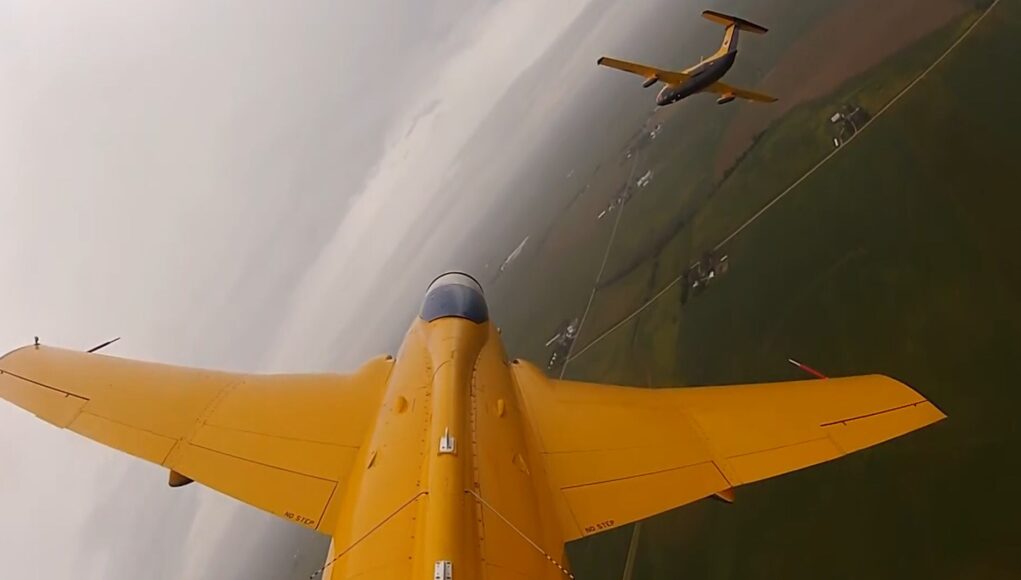

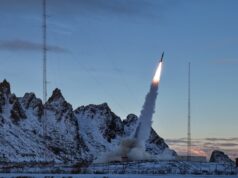


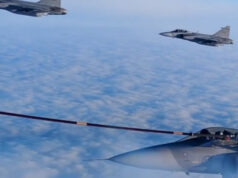
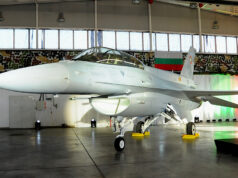

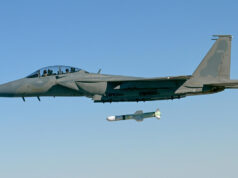
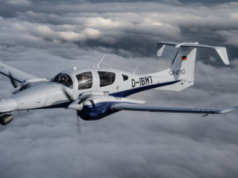
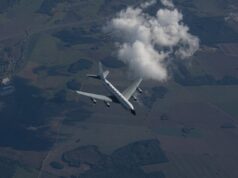

Interesting, does this not in part overlap with the new AUKUS parameters. It was reported recently that Canada was interested in participating in certain AUKUS research, was this the actual basis for such reports and/or is this a move towards such political and financial investment as a likely next step, perhaps dependent upon Canada turning an indicated upturn in defence spending into proven reality. Or is it just to show that they are not forgotten. Will be interested to see what if anything develops, Canada has a lot to offer in Ai, robotics, fusion, hypersonics and other technology research though it tends to get under reported.
the UK is at the forefront on cyber science and must remain so. the invisible war is already happening a fresh battle is fought on a daily basis Russia, China rocket boys fiefdom work together to damage the West infrastructure. the west must not lose this fight.